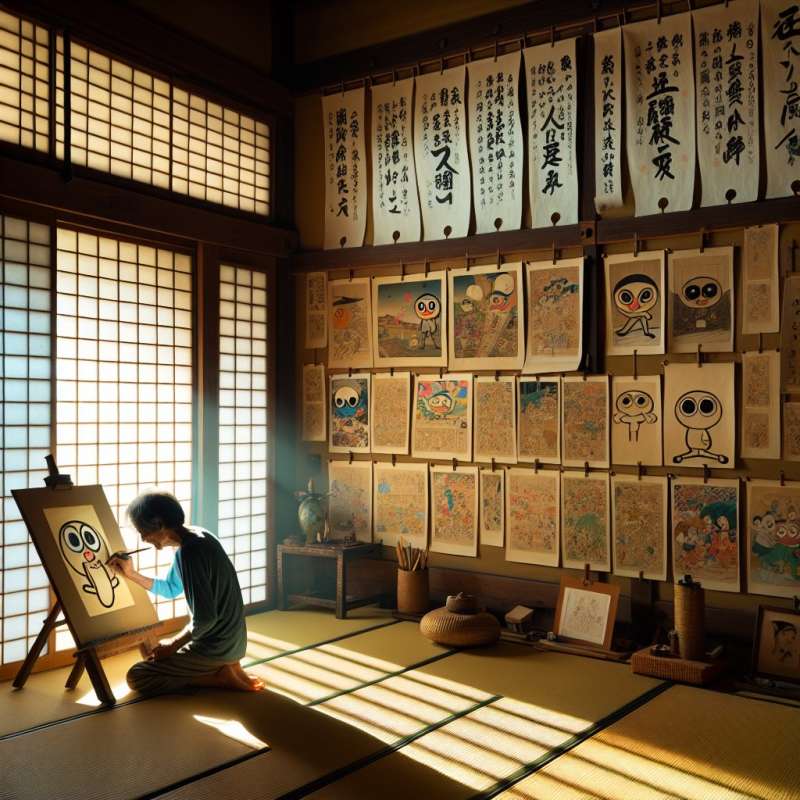
Anime: Origin and Definition
The term 'anime' originates from Japan, essentially meaning 'animation.' It's a distinctive art style known for vibrant characters, fantastical themes, and colorful graphics, originating around the early 20th century.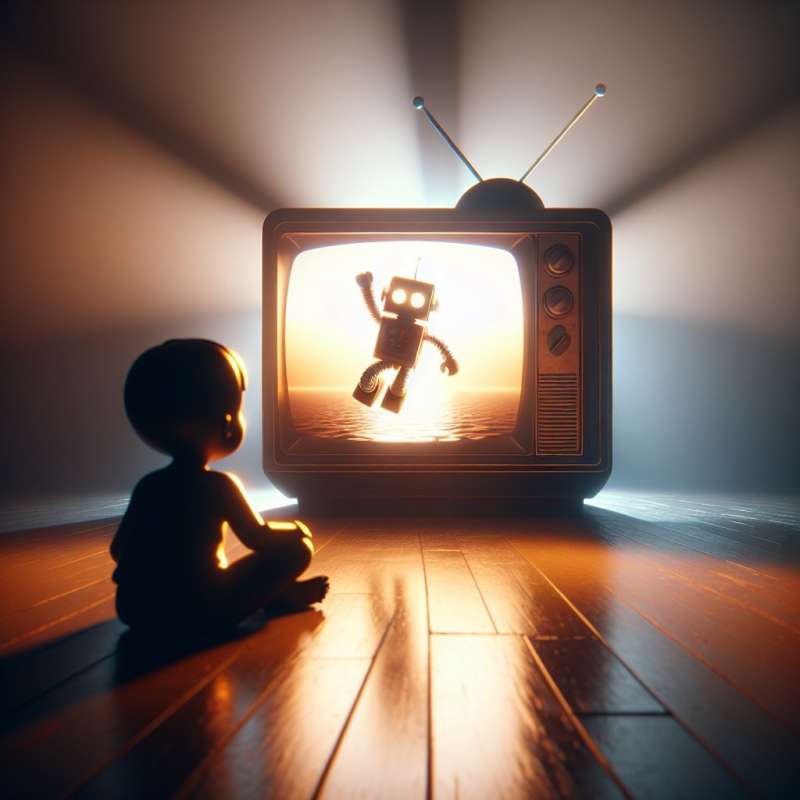
First Anime Broadcast
Astro Boy, created by Osamu Tezuka, is considered the first popular anime series, airing in 1963. It set the standard for future series, forging a path for the medium internationally.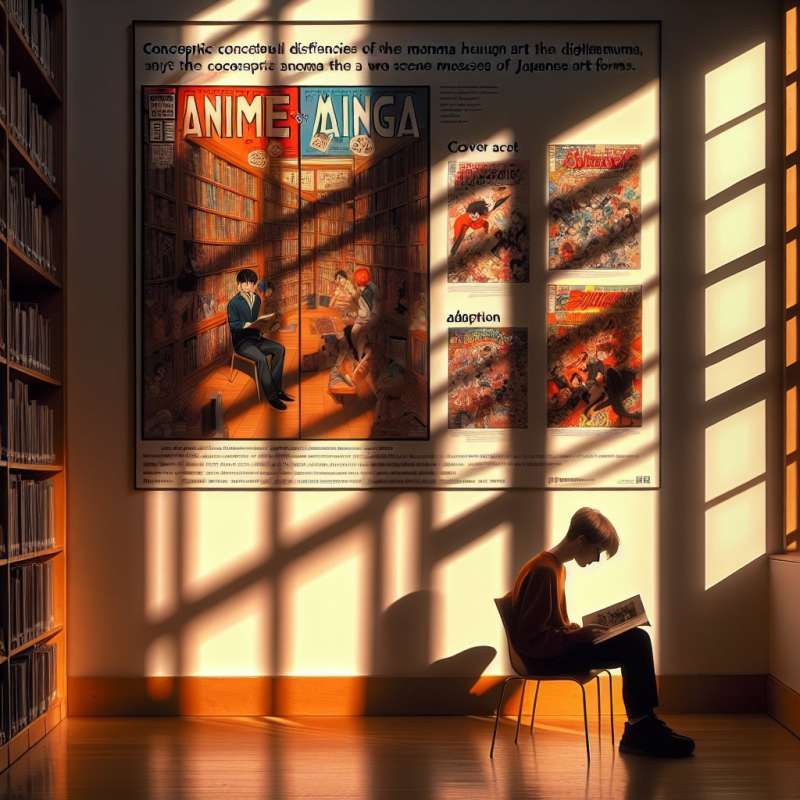
Anime vs. Manga
Contrary to common belief, anime and manga are not interchangeable. Manga refers to Japanese comic books or graphic novels, often the narrative basis for anime adaptations.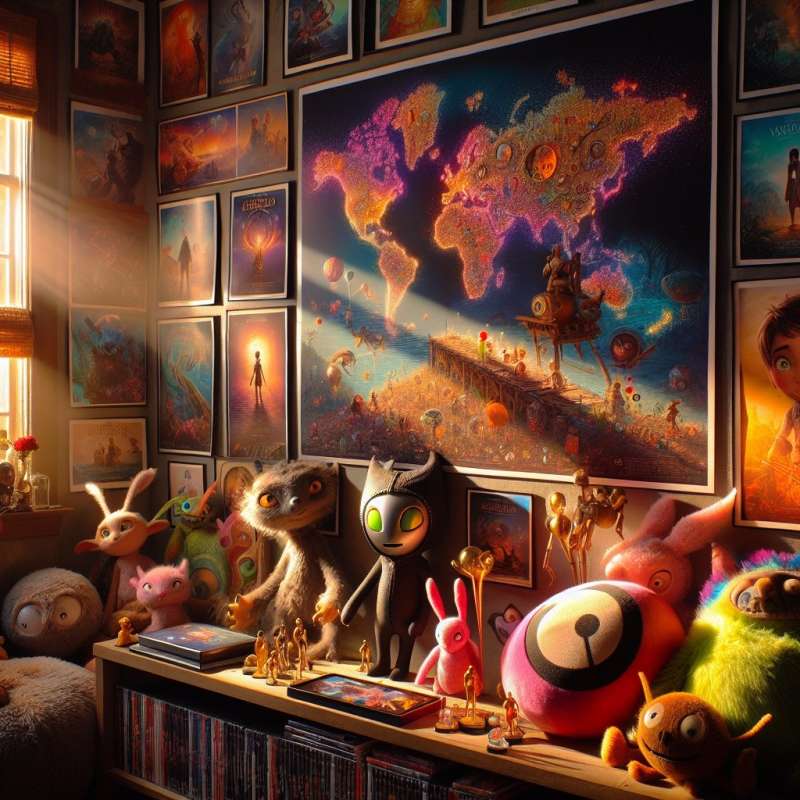
Studio Ghibli's Global Impact
Studio Ghibli, co-founded by Hayao Miyazaki, has a global reputation for its high-quality films. 'Spirited Away' won an Oscar in 2003, spotlighting anime's cinematic excellence.
Anime's Unique Genres
Anime features unique genres like 'Isekai' (alternate world), 'Mecha' (robots), and 'Shojo' (young female demographic). These genres offer diverse storytelling, breaking from Western animation stereotypes.
Economic Influence of Anime
Anime is a significant contributor to Japan's economy, with a market exceeding 2.4 trillion yen. It influences various sectors, including tourism, with fans visiting locations featured in their favorite series.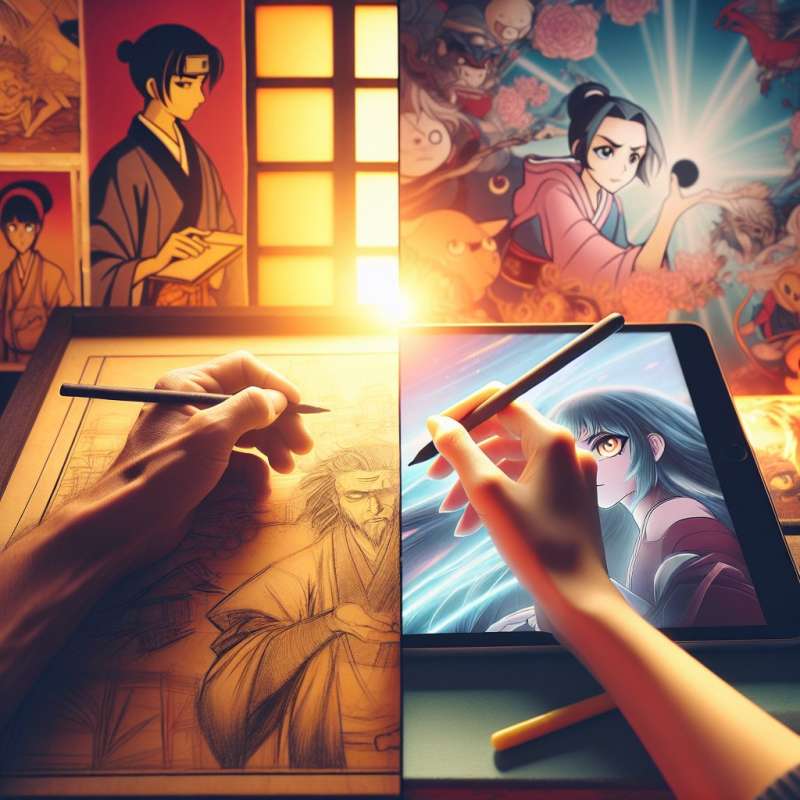
Anime's Technological Evolution
Anime production has evolved from hand-drawn cells to digital animation. This technological shift has allowed for more complex scenes and a quicker production timeline, changing the industry's landscape.
What does 'anime' mean in Japan?
A style of Japanese film
Japanese comic books
Japanese term for animation
Company